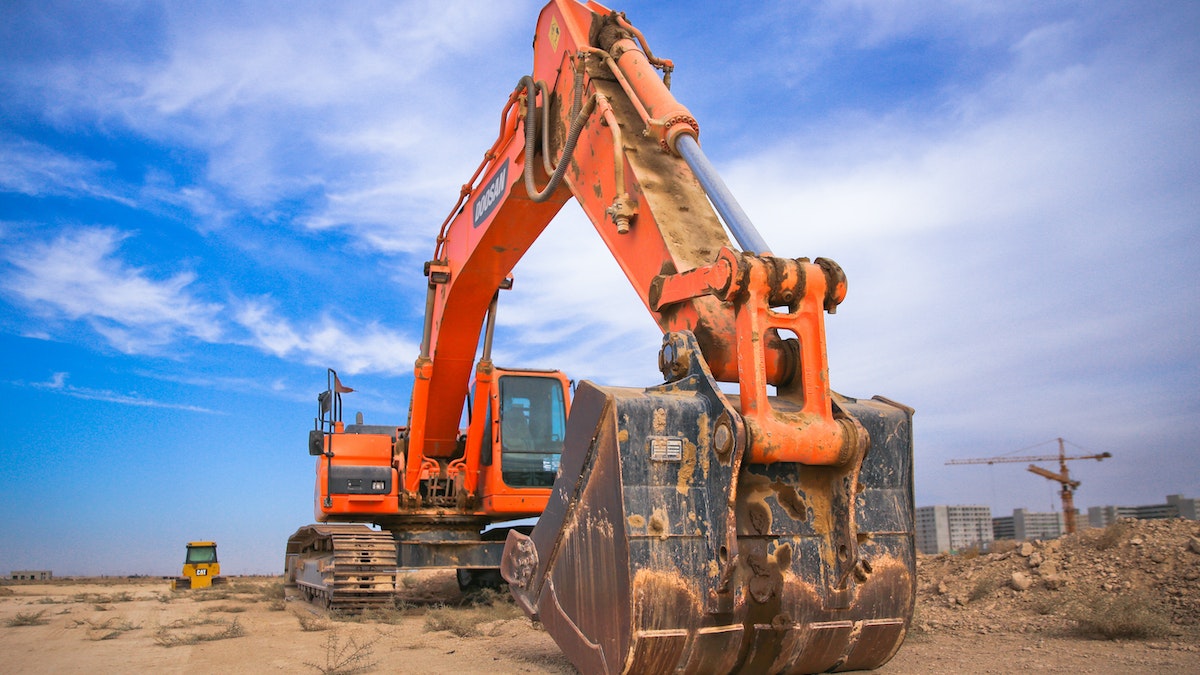Construction sites require a diverse range of equipment to facilitate efficient and smooth operations. The right construction equipment plays a crucial role in completing projects on time, within budget, and to the desired quality standards. From earthmoving and material handling to concrete placement and site preparation, each task demands specific equipment tailored to its requirements. In this article, we will explore some of the essential construction equipment that forms the backbone of site operations. Understanding the purpose and benefits of these equipment types helps construction professionals optimize their project planning and resource allocation, leading to improved productivity and project success.
Table of Contents
1. Excavators
Excavators are versatile machines used for a wide range of tasks, such as digging, trenching, and material handling. Equipped with a bucket, boom, and hydraulic system, excavators can efficiently move large amounts of soil, rocks, and debris. Their adaptability allows them to be used in various construction activities, including foundation digging, site grading, and demolition. With different sizes and attachments available, excavators offer flexibility and precision, making them indispensable on construction sites.
2. Bulldozers
Bulldozers are heavy-duty machines designed for earthmoving, grading, and leveling tasks. Equipped with a large metal blade at the front, bulldozers can push soil, debris, and other materials, creating level surfaces and preparing the site for further construction activities. Their sheer power and robustness make them ideal for clearing land, rough grading, and creating access roads. Bulldozers come in various sizes, and some models offer advanced features such as GPS systems for precise grading and automated functions for increased efficiency.
3. Cranes
Cranes are essential for lifting and moving heavy loads on construction sites. With their tall and extendable booms, cranes can reach great heights and handle materials with precision. Tower cranes are commonly used in large-scale construction projects, while mobile cranes provide versatility and mobility. Cranes play a vital role in tasks such as erecting steel structures, placing concrete components, and lifting heavy equipment. Their ability to handle significant loads and reach inaccessible areas ensures efficient and safe material handling, contributing to project progress and productivity.
4. Concrete Mixers and Pumps
Concrete mixers and pumps are crucial for projects involving concrete placement. Concrete mixers combine cement, aggregates, and water to create the desired concrete mixture, ensuring uniformity and consistency. Concrete pumps then transport and place the concrete at the desired location, even in hard-to-reach areas. These machines are essential for constructing foundations, slabs, walls, and other concrete structures. Using concrete mixers and pumps streamlines the construction process, improves efficiency, and ensures proper concrete placement, resulting in high-quality and durable structures.
5. Forklifts
Forklifts are indispensable for material handling and logistics on construction sites. These versatile machines have lifting forks that allow them to transport and stack materials such as pallets, containers, and construction supplies. Forklifts are widely used for loading and unloading materials, moving them within the site, and facilitating efficient inventory management. Their compact size and maneuverability make them suitable for both indoor and outdoor construction sites. By utilizing forklifts, construction professionals can optimize material handling, reduce manual labor, and enhance site productivity.
6. Horizontal Directional Drill
The horizontal directional drill (HDD) is a specialized piece of equipment used for underground drilling and installation of utilities, such as pipelines and conduits. HDD offers a trenchless method, minimizing surface disruption and reducing the need for extensive excavation. This technology enables the drilling of precise horizontal bores, allowing the installation of utilities beneath obstacles like roads, rivers, and existing structures. HDD provides increased efficiency, cost savings, and environmental benefits compared to traditional excavation methods. Its ability to minimize disturbance and preserve the integrity of the surrounding area makes it a valuable asset in construction projects requiring underground utility installations.
The efficient operation of a construction site relies on the utilization of essential equipment tailored to specific tasks. Excavators, bulldozers, cranes, concrete mixers and pumps, forklifts, and horizontal directional drills are among the core equipment types that contribute to site productivity and successful project completion. By leveraging the capabilities of these equipment types, construction professionals can streamline operations, enhance efficiency, and achieve optimal results in their construction endeavors.

Alex is fascinated with “understanding” people. It’s actually what drives everything he does. He believes in a thoughtful exploration of how you shape your thoughts, experience of the world.



